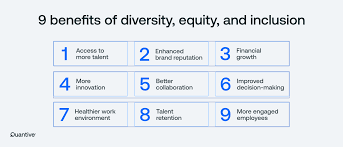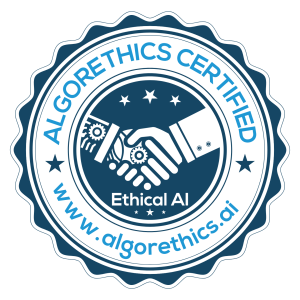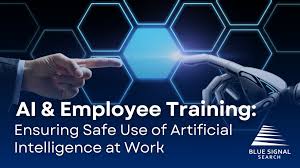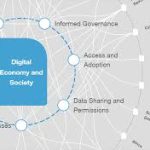As artificial intelligence (AI) continues to influence nearly every facet of modern life—from healthcare to finance, education to criminal justice—the need for ethical, fair, and responsible systems has become critical. One of the most powerful ways to ensure this ethical integrity is by embracing diversity in AI.
Why Diversity Matters in AI
AI systems are built by humans, and they inevitably reflect the perspectives, experiences, and biases of their creators. Without diverse voices at the table, AI risks perpetuating, or even amplifying, social inequalities. Diversity in AI—across gender, race, ethnicity, socioeconomic background, ability, and more—helps identify blind spots and reduce the risk of biased algorithms.
When teams reflect a wide range of lived experiences, they are more likely to anticipate and address unintended consequences of their models. This diversity enhances the capacity to detect where data may be incomplete, skewed, or unrepresentative of real-world populations.
The Power of Inclusive AI Teams
Creating inclusive AI teams goes beyond representation—it’s about fostering an environment where every voice is heard, respected, and valued. An inclusive team challenges groupthink, encourages innovation, and cultivates ethical reflection.
When inclusive teams design AI, they naturally ask broader questions: Who might this system harm? Whose needs are being overlooked? What assumptions are baked into our data? These questions are foundational to creating technology that serves everyone, not just a privileged few.
Moreover, inclusive teams are more equipped to create AI that respects cultural and societal norms across global contexts. In an interconnected world, this sensitivity is not just ethical—it’s essential.
Building Fair AI Systems Through Diverse Perspectives
To create fair AI systems, developers must first acknowledge that fairness is not a one-size-fits-all concept. It requires contextual understanding of different communities’ values, challenges, and histories. Diverse and inclusive teams are uniquely positioned to understand these nuances and build AI that adapts to different definitions of fairness.
Additionally, diverse teams are more likely to advocate for transparency, accountability, and community engagement—core components of ethical AI. Whether it’s auditing algorithms for bias, implementing participatory design processes, or ensuring equitable access to AI benefits, these actions are grounded in a commitment to justice and inclusivity.
Moving Forward: A Call to Action
Organizations developing AI must prioritize diversity not just as a moral imperative, but as a strategic necessity for building trustworthy, ethical technology. This means investing in inclusive hiring practices, supporting underrepresented groups in STEM, and fostering cultures that empower diverse voices.
The future of AI depends on it. Only by embedding diversity in AI, nurturing inclusive AI teams, and designing fair AI systems can we ensure that artificial intelligence becomes a tool for good—one that uplifts humanity rather than divides it.







